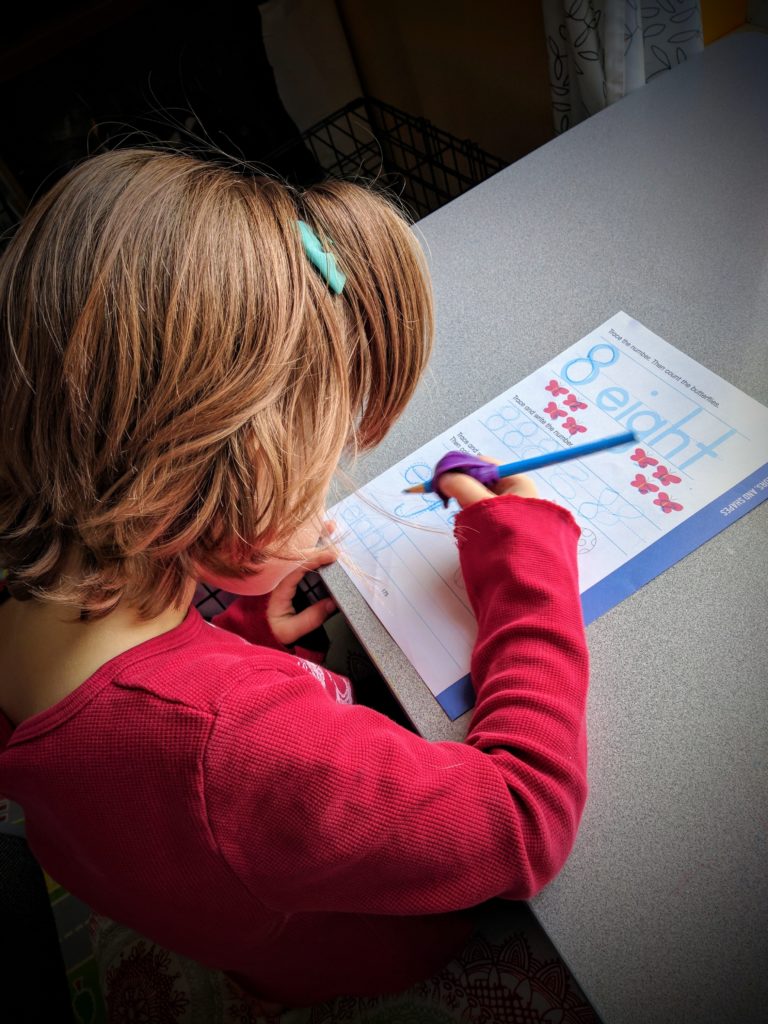“Hi honey, how was school today?” I ask my kindergartener on the walk home from the bus stop.
“Good! We learned about the first Thanksgiving today!”
My stomach drops.
I knew this day would come. We live in a Boston suburb, and as progressive as our town can be — many of my neighbors proudly display “Hate Has No Home Here” signs in their front yards — I’ve found that most people are pretty damn regressive about the foundational myths of the United States. Of course our elementary schools are going to teach the same old inaccurate story about the origin of Thanksgiving that I learned as a kid three decades ago.
“Well, that’s not entirely true.”
“What do you mean?”
“The Pilgrims landed in Massachusetts and liked this land. They liked it so much, they stole it from the indigenous people who were living here.”
“They stole it! Why?”
“Because they thought they were better. They thought their clothes were better, and their religion was better, and because of that they thought they deserved to take their land.”
“Oh. That’s…. not very nice.”
My son is a handsome white boy. He’s pretty much the default setting for society, and my husband and I feel very strongly that we raise him to be someone who uses whatever privilege he has to fight for equity.
“But it’s just Thanksgiving!” you say. “It’s a nice story! Kids have plenty of time to learn about all that violence and conflict!”
But that’s exactly why it matters that we do this work now, when he’s young and his brain is still figuring out how to process the world. A belief in social, economic, and environmental justice isn’t something that you can easily retrofit into someone once they’ve been steeped in bias: both my husband and I have spent years of reading, coursework, and explicit un-learning of white supremacy and other “isms” that are ubiquitous in society. We are good people. We didn’t learn how much further we had to go — that we still have to go — until we were adults.
“Did the Indians try to kill the Pilgrims?”
“Yes, baby, they did.”
“Why?”
“How would you feel if someone came into our house and said they liked it and they were going to live there now, and they tried to kick us out?”
“I wouldn’t like that at all. I’d try to fight them.”
“Exactly.”
Keep in mind, my boy wasn’t traumatized by learning about this. He didn’t cry. He didn’t want to cancel Thanksgiving. He did ask lots of questions, and I had to think on my feet about how to answer them. (Luckily, there’s a wealth of resources online to navigate this.) We talked about how people made bad decisions back then, and how the land that we’re living on today was once stolen by those people from England, and how the reason we celebrate Thanksgiving in our family isn’t because of the Pilgrims but because it’s good be grateful for all the wonderful things we have.
It’s important that I ensure my son thinks about this complicated history now, while he’s young. It’s less that he’s going to have to unlearn later. And this means that we can help contextualize other things that are important to recognize and fight against, like how voting rights for Native Americans continue to come under attack, how indigenous women go missing or are murdered at rates that far exceed the general public, and how racist policy decisions still continue to destroy important Native land.
I want him to understand how history isn’t something you learn from a textbook in school, that it directly impacts the policies and lived experiences of people today, and that if we want to work for justice, we have to recognize the sometimes ugly truth of our past.
So, future teachers of my kid, don’t @ me if he ends up being the first-grader who says, “Yeah, but the Pilgrims were bullies and stole the Indians’ land and killed them,” ‘cuz it’s true. When he comes home with sanitized, white-washed history lessons from school about Thanksgiving, slavery, or any other complex topic, Mom is going to give him the real deal. There’s no reason we can’t tell our children the truth from the start, and every reason why we should.
***
Ariel S. Maloney is an educator, curriculum writer, and mother living in greater Boston. Her favorite Thanksgiving dessert is sweet potato pie.

